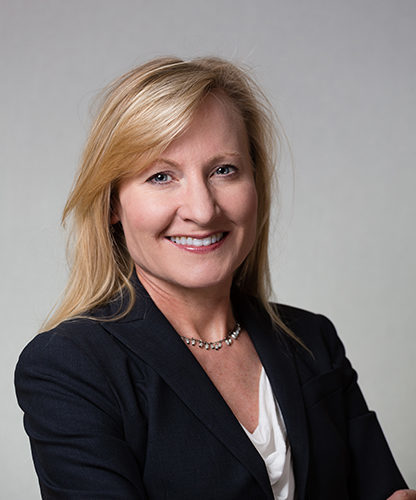CM Report of Recent Decisions – 2020 Volume 2

SCOTUS Holds Title 7 Protects Gay and Transgender Workers: Justice Neil Gorsuch Stays True To His Word That Words Are Dispositive In Judicial Decisions
There can be no clearer example of the application of the judicial philosophy of “textualism” than the decision authored by Justice Gorsuch in Bostock v. Clayton County, Ga, 590 U.S. _ (No. 17-1618, 6/15/20). Textualism is the view that constitutions and statutes must be construed and enforced according to the plain and unambiguous words used in their various provisions.
Update: Florida’s New Remote Notarization Law Requires A Change To The Form Of All Notary Blocks
In today’s age of continued technological advancement, the list of tasks and duties that can be performed remotely continues to grow at an exponential rate. This list can now be further expanded to include the notarization
of documents in the state of Florida. Effective January 1, 2020, Florida’s notary laws have changed to allow for the remote online notarization of documents.
Illinois Supreme Court Confirms That Post-Trial And Appellate Litigation Is A Minefield That Should Only Be Navigated By Experienced Post-Trial And Appellate Lawyers
For over 25 years, my practice has focused primarily on post-trial and appellate litigation. I have seen the intricacies and “traps” presented by various state and federal rules on how to properly prosecute post-trial matters and preserve issues for appeal.
Allocation Of Fault/Settling Tortfeasors: Upset By The Offset? California’s Second Appellate District Clarifies Jury Awards Involving Parties Who Previously Settled In Good Faith
In Shuler, et al. v. Capital Agricultural Property Services, Inc., et al. (2020) 49 Cal.App.5th 62, the Second Appellate District Court of California revisited California law on joint and several liability, and the proper allocation of jury verdict awards involving previously settled joint tortfeasors who settled in good faith pursuant to California Code of Civil Procedure § 877.6.
California Appellate Court Holds Ride Share Company Not Liable For Off-Duty Driver’s Negligence In Company Vehicle
In Marez v. Lyft, Inc. (2020) 48 Cal.App.5th 569, California’s First Appellate District analyzes vicarious liability issues pertaining to negligence by an employee of popular rideshare service, Lyft, when using a company vehicle for personal activities. In affirming summary judgment in favor of Lyft, the Court clarified the tests which define the “scope of employment” in cases of alleged vicarious liability.
“Disinterested” Appraiser Question Certified To Florida Supreme Court
Insurers in Florida have grappled with the question in recent years, with
public adjusters increasingly naming themselves as appraisers, leading to litigation over an alternative dispute resolution process designed to avoid litigation. The answer to the question will significantly impact the future of appraisal in Florida.
Pennsylvania Supreme Court Finds Duty To Defend Estate For “Accidental” Shooting In Course Of Murder-Suicide
In Erie Ins. Exch. v. Moore, No. 20 WAP 2018, 2020 Pa. LEXIS 2239 (Apr. 22, 2020), the Supreme Court of Pennsylvania held in a 4–3 decision that there was a duty to defend the estate of a man who broke into his estranged wife’s house, murdered her, dragged her boyfriend into the house, assaulted him and shot him in the face, and then killed himself.
Subcontractors Who Failed To Defend General Contractor Must Reimburse Insurer For Defense Costs In Equitable Subrogation Action
In Pulte Home Corporation v. CBR Electric, Inc., et al., 2020 Cal.App. LEXIS 219, California’s Fourth Appellate District addressed whether an insurer who provided an additional insured defense to a general contractor may pursue reimbursement of defense costs under an equitable subrogation
theory against subcontractors who were required to defend the general contractor in suits involving allegations related to the subcontractors’ work.
 Melinda S. Kollross
Melinda S. Kollross Private: Edward M. Kay
Private: Edward M. Kay Joseph J. Ferrini
Joseph J. Ferrini Benjamin S. Burnstine
Benjamin S. Burnstine Ian R. Feldman
Ian R. Feldman Private: R. Mick Rubio
Private: R. Mick Rubio Tyler M. Costanzo
Tyler M. Costanzo Private: Anne E. Kevlin
Private: Anne E. Kevlin Kris K. Spiro
Kris K. Spiro Private: Henry T.M. LeFevre-Snee
Private: Henry T.M. LeFevre-Snee